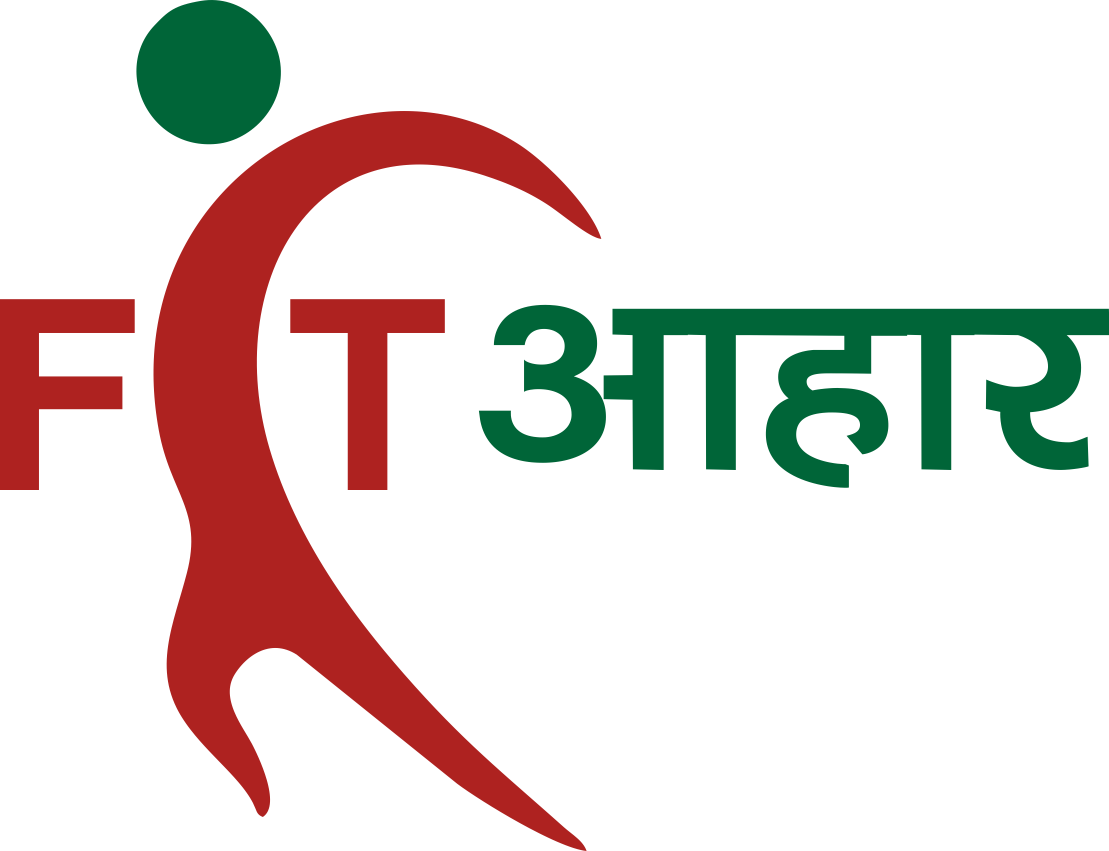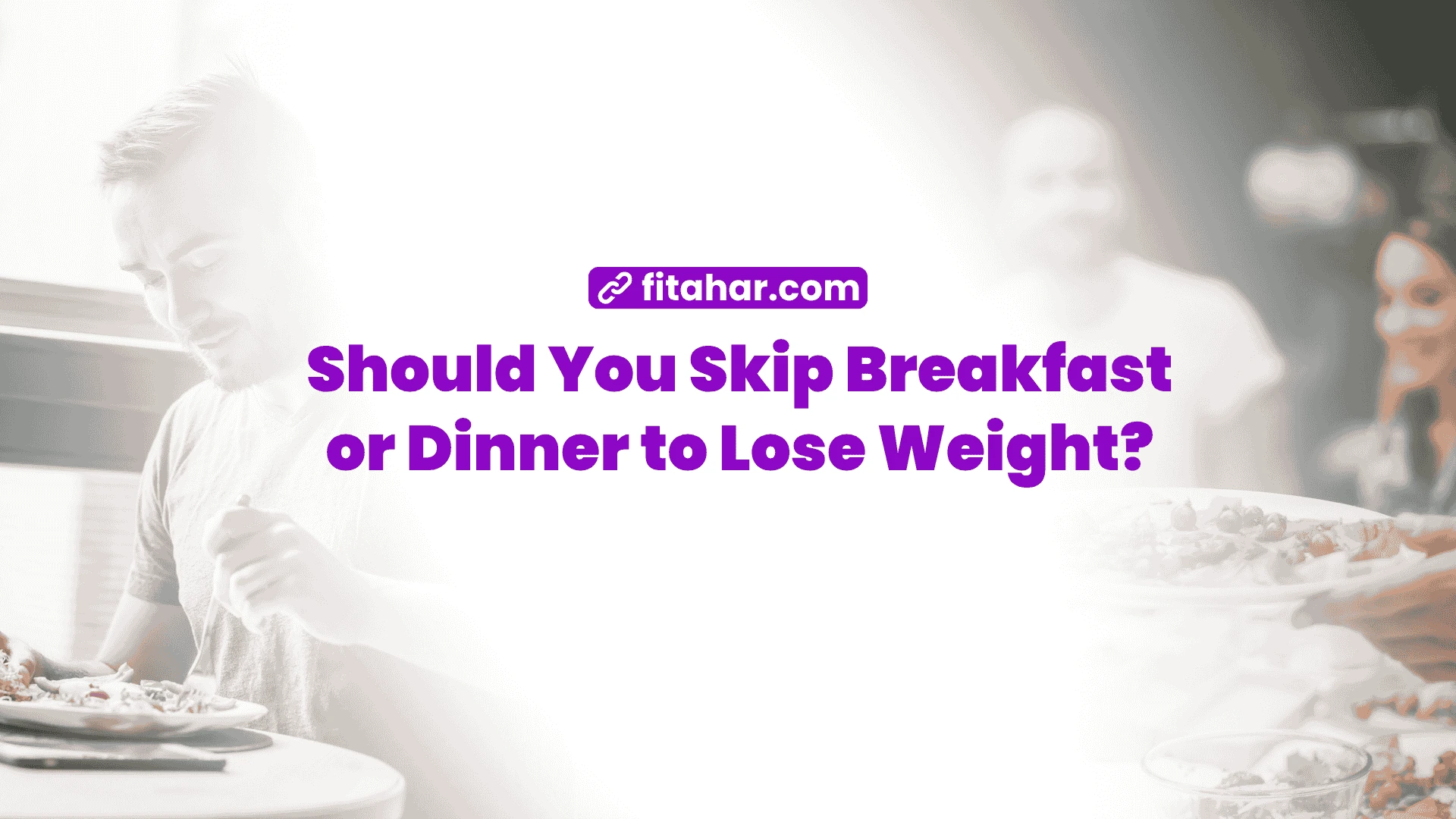With the rise of intermittent fasting and diet trends, more people are asking:
“Should I skip breakfast or dinner to lose weight?”
While cutting calories is essential for weight loss, skipping meals without understanding your body’s needs can do more harm than good. In this blog, we’ll explore how skipping breakfast or dinner affects weight loss, energy, metabolism, and long-term health.
Let’s uncover the truth and help you decide what works best for your body and goals.
How Meal Timing Affects Weight Loss
When you eat is nearly as important as what you eat. Your body operates on a circadian rhythm, meaning it responds differently to food at various times of the day.
The Science Behind Meal Timing
Eating earlier in the day when your metabolism is more active can support better digestion and fat utilization. On the other hand, eating too late or skipping the wrong meals may disrupt hunger hormones, leading to overeating or slower fat loss.
Your meal timing should align with your lifestyle, sleep cycle, and energy demands — not just the clock.
The Role of Calorie Deficit
Regardless of when you eat, weight loss ultimately comes down to calories in vs. calories out. Skipping breakfast or dinner might help you eat fewer calories, but it’s not a magic fix — it’s just one way to create a calorie deficit.
The key is to skip a meal without triggering fatigue, hunger spikes, or muscle loss.
Skipping Breakfast: Pros and Cons
Skipping breakfast is common in intermittent fasting (e.g., 16:8) and has both benefits and drawbacks depending on your routine and body type.
Pros of Skipping Breakfast
- May reduce total daily calorie intake
- Supports intermittent fasting patterns
- Many people report better focus in the morning without food
- Can help reduce late-night snacking if dinner is the last meal
Cons of Skipping Breakfast
- Can lead to intense hunger and overeating later in the day
- May reduce physical energy or workout performance
- For some, it can cause blood sugar dips, irritability, or headaches
- Skipping breakfast consistently may reduce metabolic rate over time
Best for: People who aren’t hungry in the morning, follow IF, and can control calories later in the day.
Skipping Dinner: Pros and Cons
Others choose to skip dinner to avoid late-night eating and give their bodies more time to digest before bed. But skipping your last meal also has its ups and downs.
Pros of Skipping Dinner
- Avoids heavy calorie intake before sleep
- Can improve sleep quality for some individuals
- Helps regulate insulin and digestion overnight
- May work well for early risers who prefer eating earlier in the day
Cons of Skipping Dinner
- Can leave you hungry before bed, disrupting sleep
- May lead to bingeing at breakfast the next day
- Difficult for people with social/family dinner routines
- Might result in muscle loss if protein needs aren’t met during the day
Best for: Early eaters, those who sleep early, or people prone to late-night snacking.
Which One Should You Skip?
There’s no one-size-fits-all answer. The best meal to skip depends on your schedule, preferences, and how your body responds. Ask yourself:
- When do you feel hungrier — morning or night?
- Can you manage hunger and energy without the skipped meal?
- Does skipping a meal help you stay in a healthy calorie range?
Our Recommendation:
Skip the meal you can live without without sacrificing energy, focus, or muscle mass. Whether you skip breakfast or dinner, the key is to:
- Maintain a balanced diet overall
- Get enough protein, fiber, and healthy fats
- Stay hydrated and avoid binge eating later
- Monitor your hunger cues and mood
Focus on consistency, not perfection. Whether you eat two or three meals a day, creating a sustainable calorie deficit with nutrient-rich foods is the real secret to long-term fat loss.
Conclusion: Find What Works for You
Skipping breakfast or dinner can be a helpful tool for weight loss — but only if it fits your lifestyle. There’s no “better” meal to skip universally. Instead of forcing yourself into a pattern that doesn’t suit you, listen to your body, stay consistent, and prioritize nutrition.
Weight loss isn’t about starving yourself — it’s about making smarter choices that you can sustain for life.





